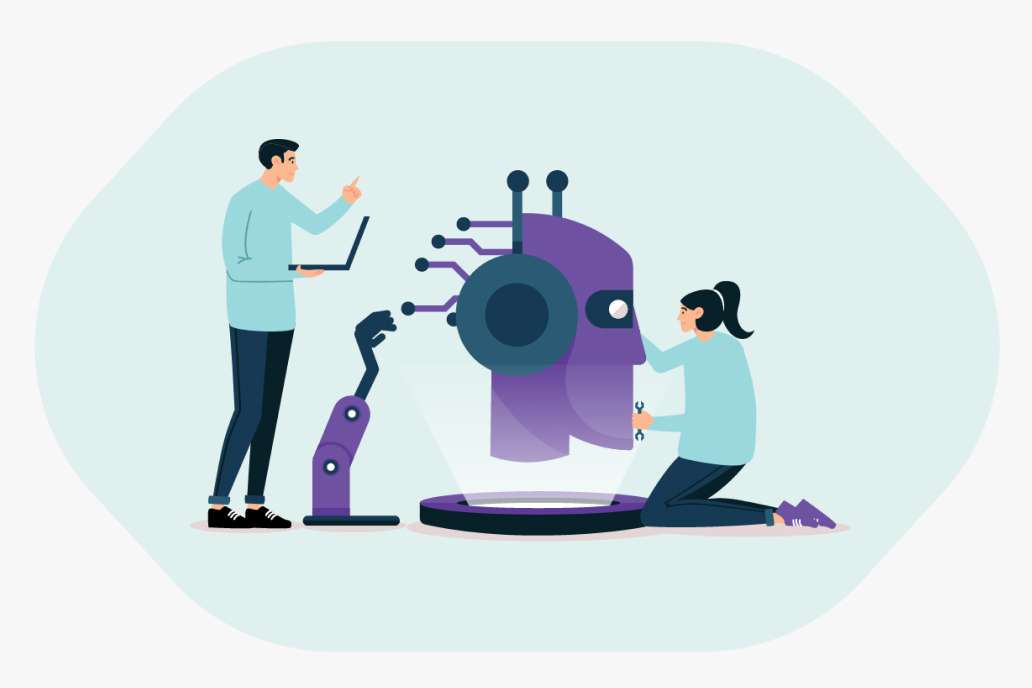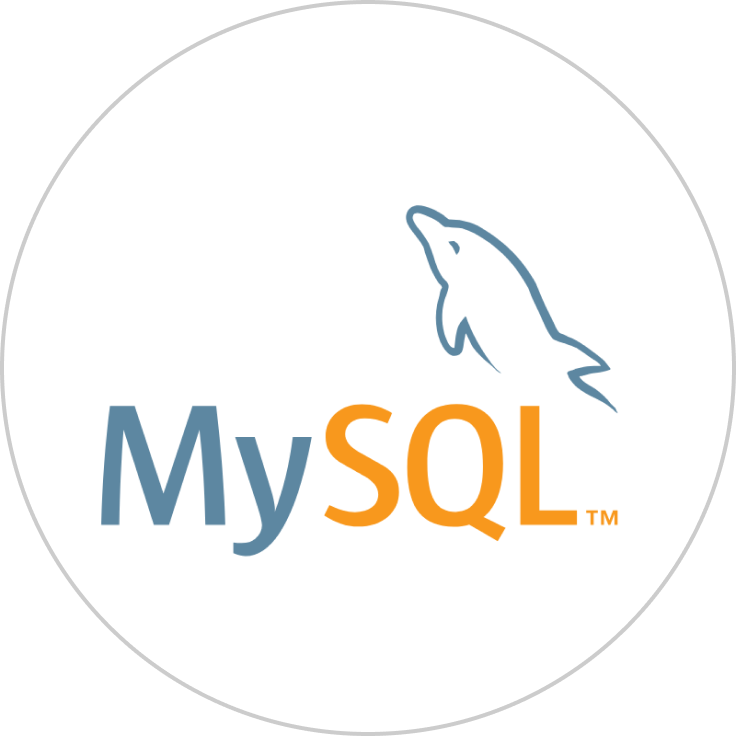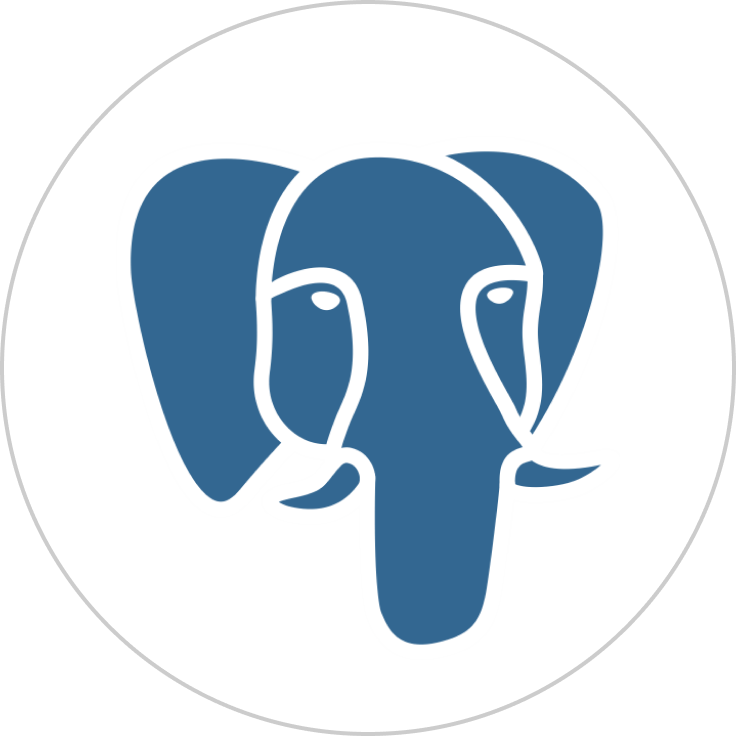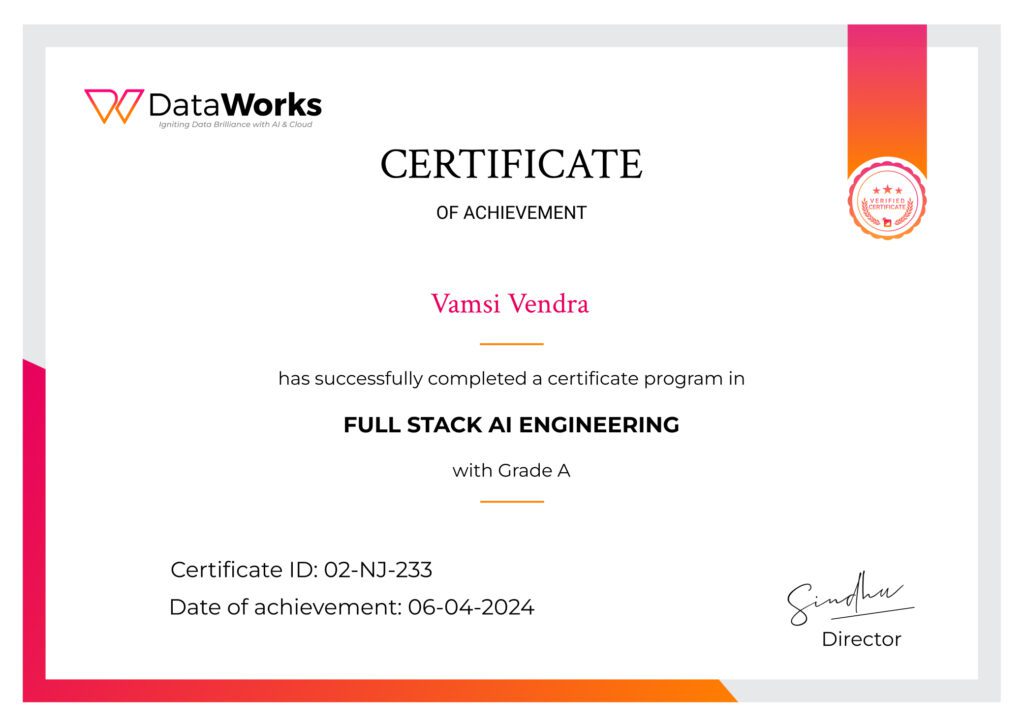Full Stack AI Engineering
The Full Stack AI Engineering course by DataWorks is a cutting-edge program designed to equip participants with the skills to build and deploy end-to-end AI solutions. This comprehensive course covers the spectrum of AI development, including data collection and preprocessing, model development with machine learning and deep learning, back-end development for AI model deployment, and front-end development for user interaction. By integrating AI with full-stack development, participants will learn to create intelligent applications that are scalable, robust, and user-friendly. The curriculum emphasizes practical, project-based learning, using popular tools and frameworks like TensorFlow, Keras, Flask, Django, React, and Angular, ensuring graduates are prepared to tackle real-world AI challenges.
5.0 (145 Ratings)
Course Info
Fundamentals of machine learning and deep learning, including neural networks, NLP, and computer vision.
Techniques for data collection, cleaning, and preprocessing to feed into AI models.
Development of AI models using frameworks like TensorFlow and Keras.
Implementation of RESTful APIs for AI model deployment using Flask or Django.
Building dynamic, AI-powered web applications using modern front-end technologies like React or Angular.
Best practices for version control, testing, containerization with Docker, and continuous integration/continuous deployment (CI/CD) pipelines.
Ethical considerations and best practices in AI development.
Course Content
Basic ML Algorithms: Overview of fundamental machine learning algorithms.
Data Preprocessing: Techniques for preparing data for machine learning.
Model Evaluation: Methods for assessing the performance of ML models.
Deep Learning: Introduction to deep learning concepts and neural networks.
Neural Networks: Understanding the architecture and functioning of neural networks.
Advanced ML Techniques: Exploring advanced machine learning methods and algorithms.
API Development: Techniques for building APIs for AI applications.
Data Handling: Managing and processing data in backend systems.
Integrating ML Models in the Backend: Techniques for incorporating machine learning models into backend applications.
Building User Interfaces: Techniques for developing user interfaces for AI applications.
Integrating AI Models in the Frontend: Methods for incorporating AI functionalities into frontend applications.
Deployment Strategies: Best practices for deploying AI applications.
Cloud Services for AI: Utilizing cloud platforms for AI deployment.
Scaling AI Applications: Techniques for scaling AI applications to handle larger datasets and higher traffic.
Ethical Considerations in AI: Understanding the ethical implications of AI technologies.
Data Privacy: Best practices for handling and protecting user data in AI applications.
Responsible AI Practices: Developing AI applications responsibly and ethically.
End-to-End Development: Techniques for developing a full-stack AI application from start to finish.
Project Management: Best practices for managing AI project development.

-
LevelIntermediate
-
Total Enrolled1
-
Last UpdatedAugust 21, 2024
Upskill for your Dream Job

Hiring Partners





Proficiency in programming, particularly in Python.
Basic understanding of web development (HTML, CSS, JavaScript).
Familiarity with fundamental machine learning concepts and algorithms is beneficial.
An eagerness to learn and apply new technologies in AI and software development.
FAQ's
The course is designed to be completed in 12 weeks with a mix of lectures, hands-on labs, and project work.
Not necessarily. The course will utilize cloud-based platforms for training complex models, which require significant computational resources.
Yes, participants will apply what they've learned by working on real-world projects that simulate challenges faced by AI engineers in the industry.
Graduates can pursue careers as AI engineers, machine learning engineers, full-stack developers with AI specialization, AI product managers, and more.
Yes, DataWorks awards a Full Stack AI Engineering certification upon successful completion of the course, acknowledging your skills and readiness to enter the AI industry.
Earning Potential
8 LPA
min
15 LPA
avg
25 LPA
max
Full Stack AI Engineering Tools Covered

MySQL

AWS

PostgreSQL

MongoDB

Google Cloud Platform

Azure
Let’s explore further the implications of transitioning to online training
Course Certificate
The Cyber Security Practitioner Programming Course Certificate focuses on enhancing coding skills for securing applications and systems. The curriculum covers topics like secure coding practices, ethical hacking, and defensive programming. It’s ideal for developers and security professionals aiming to bolster their cybersecurity expertise.

Course Reviews

Amit.Y

Yash.S

Tara.R

